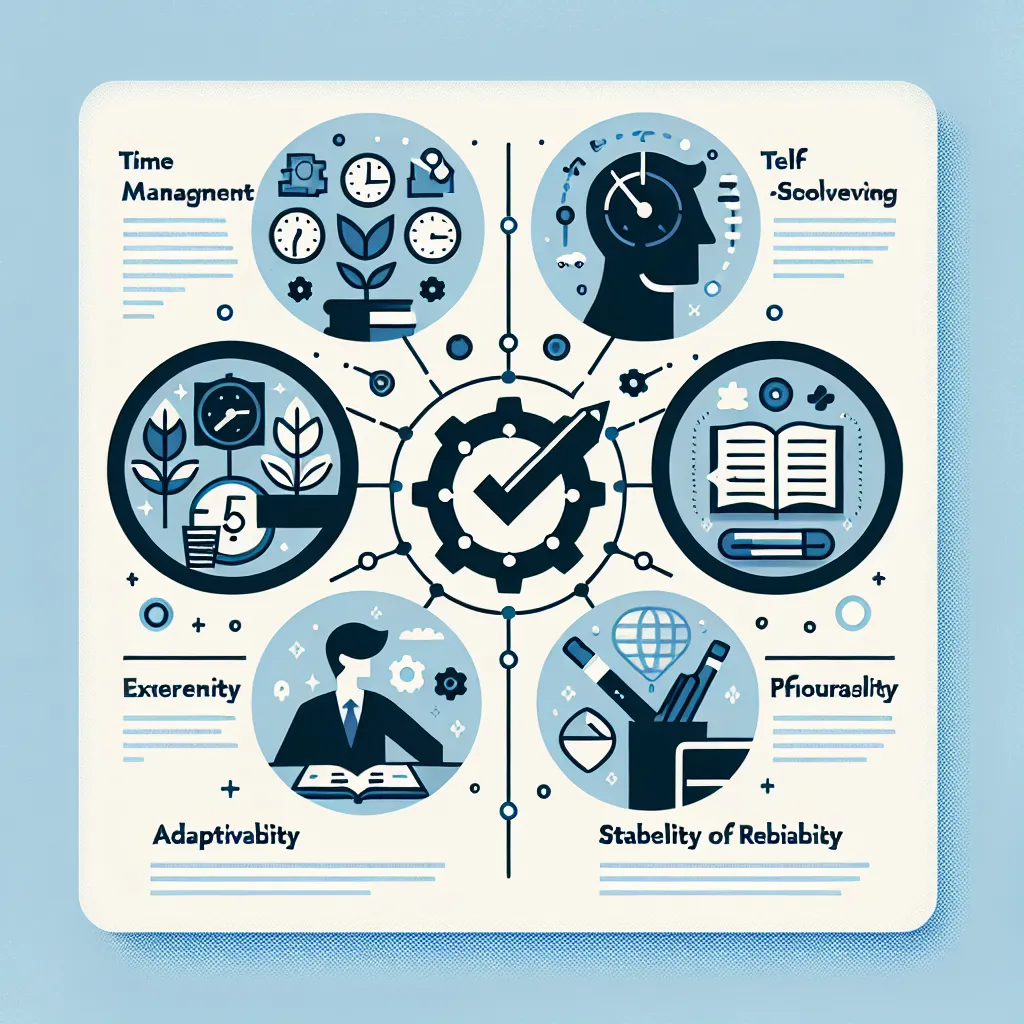In today’s competitive job market, articulating your career goals in English is a crucial skill, especially during interviews with international companies or in English-speaking countries. This guide will help you effectively communicate your aspirations, regardless of your current English proficiency level.
Understanding the Importance of Discussing Career Goals
Career goals are not just personal aspirations; they’re a key indicator of your professional drive and ambition. When employers ask about your career goals, they’re assessing your long-term commitment, your alignment with the company’s objectives, and your potential for growth within the organization.
 Career goals discussion
Career goals discussion
The Employer’s Perspective
When you discuss your career goals, employers are evaluating several aspects:
- Ambition and motivation
- Self-awareness and clarity of thought
- Alignment with company values and objectives
- Long-term potential within the organization
- Problem-solving and goal-setting skills
Common Career Goal Questions in English Interviews
Here are some typical questions you might encounter:
- “Where do you see yourself in five years?”
- “What are your long-term career goals?”
- “How does this position align with your career aspirations?”
- “What do you hope to achieve in your professional life?”
- “How do you plan to develop your skills in the next few years?”
Effective Strategies for Discussing Your Career Goals
1. Be Specific and Realistic
When talking about your career goals, it’s crucial to be specific yet realistic. Vague answers can make you appear unfocused, while overly ambitious goals might seem unrealistic.
Example:
Instead of saying: “I want to be successful in business.”
Try: “In the next five years, I aim to develop my project management skills and lead a team in implementing sustainable business practices.”
2. Align Your Goals with the Company
Research the company thoroughly and try to align your career goals with their mission and growth plans.
Example:
“I’m excited about your company’s focus on green technology. My goal is to contribute to and eventually lead projects that promote sustainable energy solutions, which aligns perfectly with your company’s mission.”
3. Emphasize Personal Growth and Skill Development
Show that you’re committed to continuous learning and improvement.
Example:
“My immediate goal is to enhance my data analysis skills. I plan to take advanced courses in data visualization and machine learning, which I believe will be valuable in driving data-driven decisions in this role.”
4. Balance Short-term and Long-term Goals
Demonstrate that you have both immediate and future plans for your career.
Example:
“In the short term, I aim to become proficient in all aspects of digital marketing. Long-term, I aspire to lead a marketing department, driving innovative campaigns that significantly impact brand growth.”
Handling Challenging Career Goal Questions
1. When You’re Unsure About Your Long-term Goals
It’s okay to be uncertain, but show that you’re proactive about figuring it out.
Example:
“While I’m still exploring long-term career paths, I’m committed to excelling in this role and gaining a deeper understanding of the industry. I believe this experience will help me clarify my long-term goals while contributing significantly to your team.”
2. When Your Goals Seem Misaligned with the Position
Focus on how the current role is a stepping stone towards your larger goals.
Example:
“While my ultimate goal is to become a software architect, I believe starting as a junior developer in your company is crucial. It will provide me with the foundational experience and industry insight necessary to grow into more advanced roles.”
Common Mistakes to Avoid When Discussing Career Goals
- Being too vague or general
- Focusing solely on personal gains
- Neglecting to research the company
- Appearing overambitious or unrealistic
- Undervaluing the current position
To avoid these pitfalls, always prepare your answers in advance, tailoring them to each specific company and role.
Follow-up Questions and Sample Answers
-
Q: “How do you plan to achieve these career goals?”
A: “I’ve outlined a step-by-step plan that includes gaining relevant certifications, seeking mentorship opportunities, and taking on challenging projects that will develop the necessary skills.” -
Q: “What inspired these career goals?”
A: “My passion for innovation and problem-solving, coupled with my experience in [specific field], has shaped these goals. I’ve also been inspired by industry leaders who’ve made significant impacts in this area.” -
Q: “How flexible are you with your career goals?”
A: “While I’m committed to my overall direction, I’m open to adapting my goals as I gain more experience and as the industry evolves. I believe in staying agile and responsive to new opportunities.” -
Q: “What do you think might be the biggest challenge in achieving your goals?”
A: “I anticipate that balancing rapid technological changes with developing deep expertise might be challenging. However, I’m committed to continuous learning and staying updated with industry trends to overcome this.” -
Q: “How does your educational background support your career goals?”
A: “My degree in [field] has provided a strong foundation. I’m particularly excited about applying concepts like [specific examples] to real-world challenges in this role and beyond.”
 Career goals planning
Career goals planning
Conclusion
Effectively communicating your career goals in English requires preparation, self-reflection, and an understanding of the employer’s perspective. By being specific, aligning your goals with the company’s objectives, and demonstrating a commitment to growth, you can make a strong impression in your interview. Remember, your career goals are not just about where you want to go, but how you plan to get there and what value you’ll bring along the way.
For more tips on acing your English interview, check out our guides on how to discuss your leadership skills in an interview and how to talk about achievements in an interview. These resources will help you present a well-rounded professional profile in your next English language interview.




